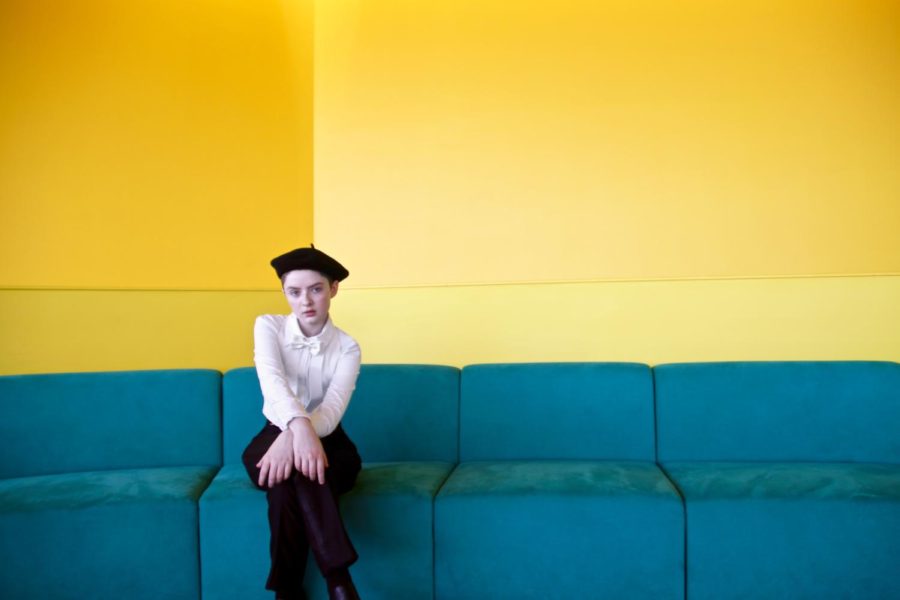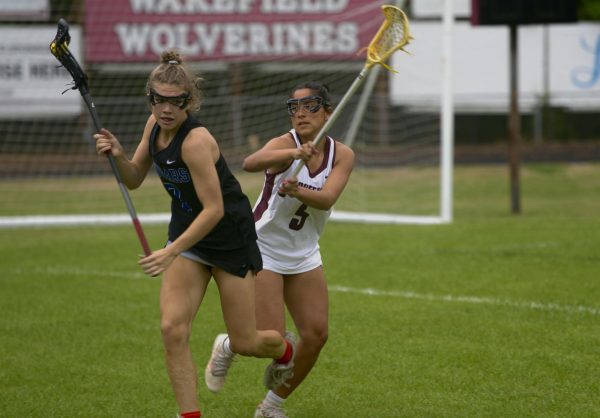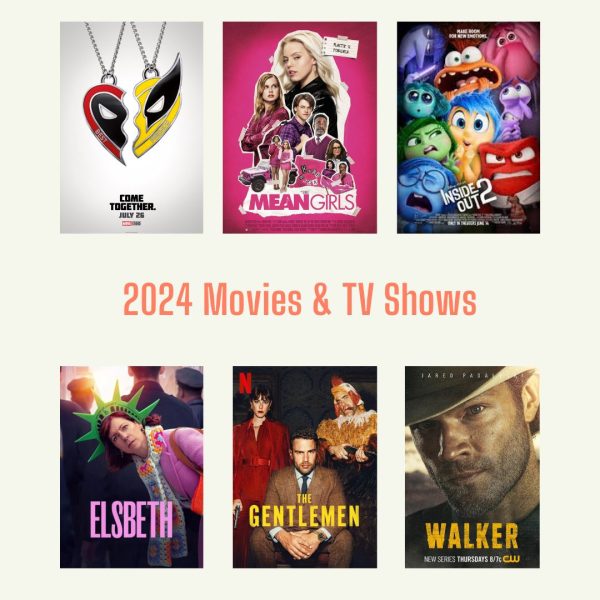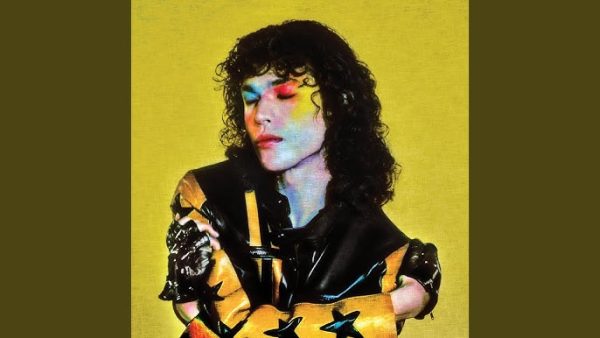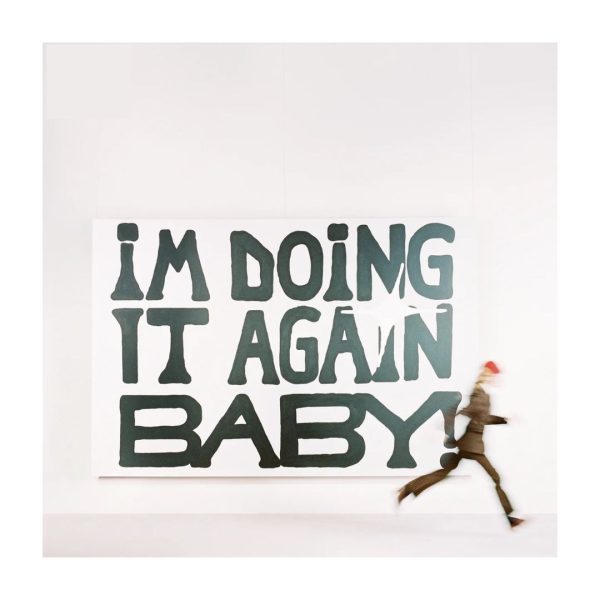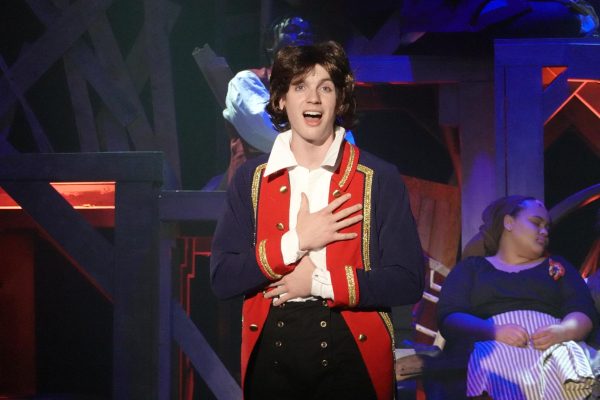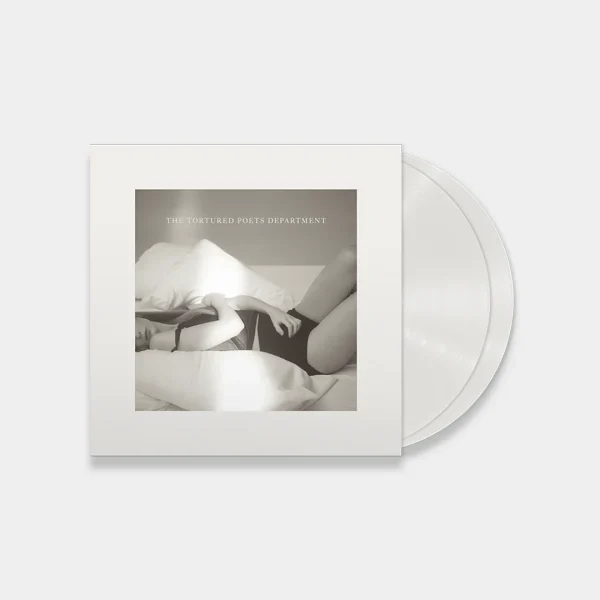Outside the binary: An interview with Lachlan Watson, part one
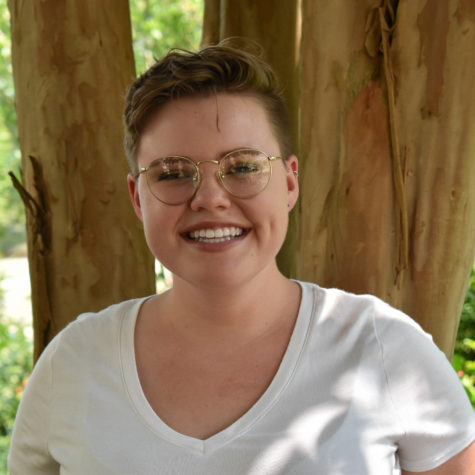
More stories from Abby Lee
Seventeen year old non-binary actor Lachlan Watson discusses the gender binary and the acting world.
Netflix’s original show The Chilling Adventures of Sabrina was released on October 26 and has since been regarded with critical praise. One aspect of the show that is rapidly gaining national attention is the story of Susie Putnam, a genderqueer character portrayed by 17-year-old non-binary actor, Lachlan Watson. In mainstream media, it’s rare to find a character that is written to exist outside the gender binary. It’s rarer still for that character to be portrayed by an actor that exists in that same place, between two rigidly enforced lines. There are countless queer and non-binary kids like myself watching in anticipation with fluttering hearts for a story like ours to finally be told. This is the importance of Watson’s role.
In this interview, I got the opportunity to talk with Watson about identity, representation, dysphoria, and the story they’re telling off-screen.
Q: How do you identify and what pronouns do you use?
A: I personally identify most with being non-binary as it really encompasses my attitude of not really caring about the constraints of gender anymore, if that makes sense.
I use he/him or they/them pronouns. A lot of people get tripped up about still using he/him and still claiming to be outside of the binary, but pronouns don’t really have an effect on me, and I think they’re just silly little syllables with no meaning.
I’m trying to tell the story that clothes have no inherent meaning. It’s just because that’s what’s comfortable to you. That doesn’t make you less non-binary. It’s all fabric, and it doesn’t matter.
Q: So, in my experience, coming out was kind of like an opera in 3 parts kind of deal, especially because there were so many phases of discovering myself between my gender and sexuality. When did you start coming out / transitioning, and was the process staggered or kind of all at once?
A: Oh my God, I resonate with the 3 act opera in so many ways. Act one: the lesbian. Act two: the man. Act three: the alien.
So, I’ve been a little queer since birth, but over the course of puberty I really started questioning and labeling, and that started at thirteen when I came out as a lesbian. I was like, “Woah I’m different and kooky and really wanna kiss that girl over there,” and then part two was realizing that it was a lot more than that, and my only other explanation was being transgender and wanting to transition into being a man. Little did I know, that was neither accurate nor was it my only other explanation.
Over the last two years, I discovered myself within the non-binary identity.
Q: As far as representation goes, is it a lot of pressure being the voice for so many genderqueer kids, since we rarely get represented in mainstream media?
A: It’s definitely a lot of pressure, yes. However, I truly feel prepared for it in a way that I never expected in that it almost feels like all the hardship and trauma I’ve been through in my life relating to my queerness and gender has just been preparing me for this moment. I’d never been one to claim that ‘everything happens for a reason,’ but now I really do feel like all the pain I went through in my life was just equipping me with the tools to speak loudly and proudly about who I am now, and to be a voice for those who may be voiceless.
Q: As I was going through my own gender identity crisis, there was always this underlying pressure of not being non-binary enough or conforming too much to gender. Is that something you’ve experienced?
A: In the mainstream media right now we have a lot of queer public figures who still show queer fashion in a very binaried way, such as assigned male folx only wearing dresses or assigned female folx who only present in suits and button-ups, and that’s good. Actually very good, because that’s the truth they want to live, but I feel like we also need a good healthy balance of people that are showing that non-binary clothing can mean more than just dressing the opposite of your assigned gender. That’s sort of what I’m trying to achieve by not only wearing both dresses and suits to premiers, but wearing clothes that fall somewhere in between as well, because I’m trying to tell the story that clothes have no inherent meaning. It’s just because that’s what’s comfortable to you. That doesn’t make you less non-binary. It’s all fabric, and it doesn’t matter.
Q: Do you ever worry about only being defined by your gender in your industry? Or, do you ever worry about being typecast or being used as a token character?
A: Definitely. Yes. It’s very easy in this industry to get put into a box, and I feel like the whole point of being non-binary is being like, “Hi, boxes don’t exist.” It’s definitely easy to preach that I don’t fit in a box, and the box doesn’t exist, but when you work in an industry like this, it’s purely based on boxes. I think it’ll be really difficult in my near future to break out of that.
I’m making sure the next thing I do is the right thing. I want to solidify the fact that being queer and non-binary doesn’t mean that the only thing I can do as an actor is play other non-binary or queer characters. I don’t want to limit myself, because then I feel like I’ll be typecast for the rest of my life.
I want to play a cis man, or a cis woman, or none of the above, and I want to do that and not talk about it, and say, “Here, take it. Have fun.”
It’s every actor’s dream to win an Oscar. Even though awards don’t really matter, it’s a prestigious award that would be incredible to win. But… what category would I even be nominated under? That’s how much work we as a people would have to do in this industry. It’s easy to forget how much work there is left to do, but then you think about something minute like that and you’re like, “We’ve got a long way to go.”
Q: Do you experience dysphoria*, and if so, how do you cope with it?
*Dysphoria is defined as “the condition of feeling one’s emotional and psychological identity as male or female to be opposite to one’s biological sex.”
A: Not anymore. Which is amazing, but I did a lot when I was going through puberty, because I didn’t understand what was happening with my body, or why these things were defining me.
The more I reached into the non-binary identity, the more I realized that all of that was rooted in not wanting to be a woman, but not wanting to be a man, either. I didn’t want to be a man. I just didn’t understand why my body defined the things I could and couldn’t do. I didn’t understand the constraints of gender and how they applied to me.
When I identified as trans, I still had that very narrow-minded, binary way of thinking about myself and my body. In discovering that, I discovered who I was in terms of being non-binary. I just wanted to live my life regardless of gender.
A couple years later, when the opportunity came for me to get top surgery, I jumped on it. It was finally something I felt was right, and that no one told me to do. I was still experiencing dysphoria with my chest, and with my body. I was like, “Something’s still not quite right.”
So, I got top surgery, and it was the final puzzle piece of me understanding that my body no longer defined my gender and the things that I could do. Someone asked me, “If your boobs grew back tomorrow, what would you do?” I guess they were expecting that I would just break down and go crazy, but then I was like, “I’d be fine.”
I’d genuinely be fine if I just woke up and was a whole woman again. Through top surgery, I figured out that my body no longer defines my gender. I’d be okay with that, but at the same time, it’s a vicious cycle where I don’t think I would’ve gotten to this point if I hadn’t gotten the surgery.
Q: I know I speak for a lot of other non-binary and trans kids when I say thank you from the bottom of my heart because it was such a fantastic feeling to see someone like myself on screen.
A: That means the absolute world to me. That is specifically the reason I do all of this. Real actual queer people who care and are fighting to literally be the change they wanna see in the world are the one and only reason I still have hope for this world, so thank you!
The Chilling Adventures of Sabrina returns for a Christmas special December 14th, and you can follow Lachlan’s Instagram here.
*Read Part 2 of my interview with Watson here https://thehowler.org/category/category-5/




